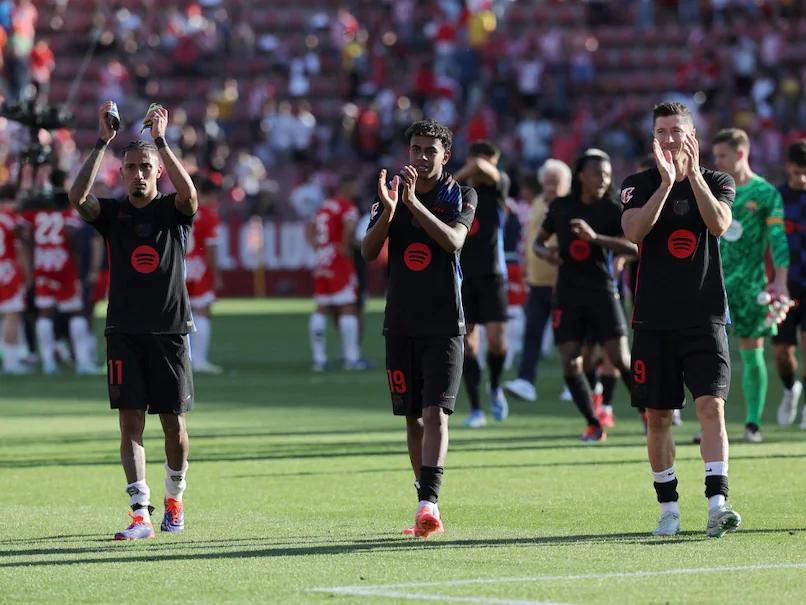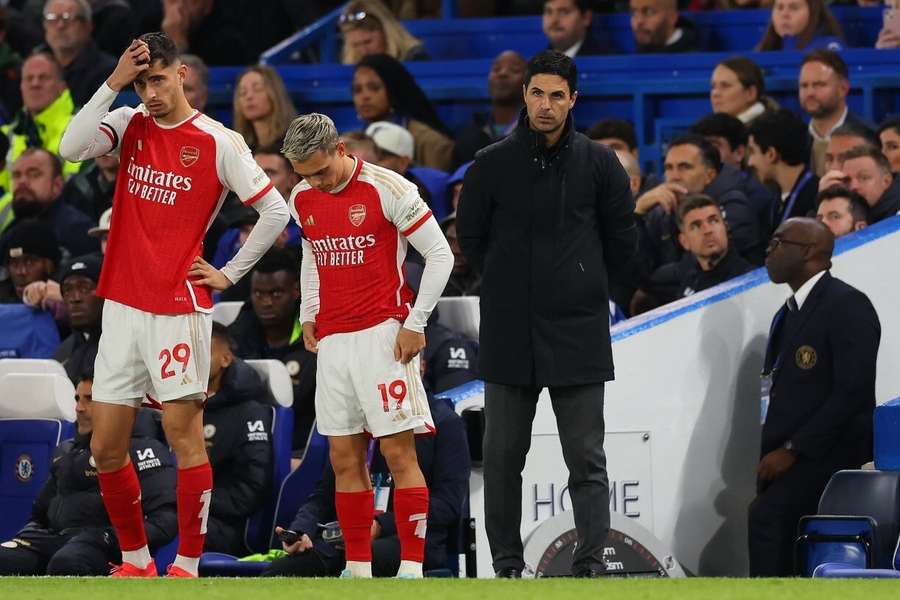Process and matters needing attention in player salary claims litigation

A player's salary claim lawsuit is when a player uses legal channels to claim the club to pay an unpaid salary. The following will be a brief introduction to the process and matters needing attention for player salary claims.
The process of player salary litigation generally includes the following steps.
1. Consult a lawyer: When players encounter salary disputes, they should first consult a professional sports lawyer to understand their rights and interests.
2. Prepare evidence: Players need to prepare relevant evidence, such as work contracts, salary payment records, payroll, witness testimony, etc., in order to provide proof to the court when necessary.
3. Lawyer's letter of reminder: If the club fails to fulfill its salary payment obligations, the player's lawyer can send a lawyer's letter urging the club to pay the unpaid salary and set a deadline.
4. File a complaint: If the club still fails to pay the salary within the deadline, the player can file a complaint through a lawyer and file a salary claim in the court.
5. Litigation process: During the litigation process, both parties will conduct pre-trial mediation, court hearings and other procedures, and provide evidence for debate. In the end, the court will make a judgment based on the law and facts.
The following points need to be noted when conducting a player's salary claim lawsuit.
1. Timely action: Players should take action as soon as possible to protect their rights and interests. Players who fail to receive their salaries within the time limit should immediately consult a lawyer to formulate a reasonable litigation plan.
2. Retain evidence: Players need to properly retain evidence related to salary disputes, such as emails, text messages, chat records, etc., so that they can provide proof in subsequent litigation.
3. Choose the right lawyer: Players should choose lawyers with relevant experience to handle salary claims to ensure that their rights and interests can be effectively protected.
4. Understand the legal provisions: Players need to understand and be familiar with the provisions related to the labor law, including salary payment time limits, labor contract agreements, etc., and argue for reasons in litigation.
5. Diversified rights protection methods: In addition to salary litigation, players can also try to resolve disputes through negotiation, arbitration and other methods to choose the most suitable rights protection method for them.
RELATED STORIES






LATEST NEWS







